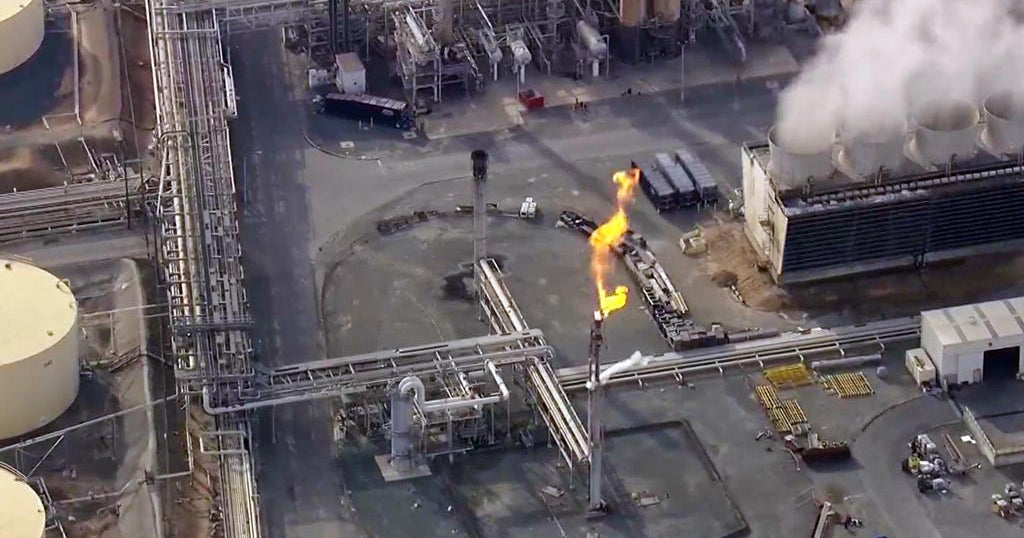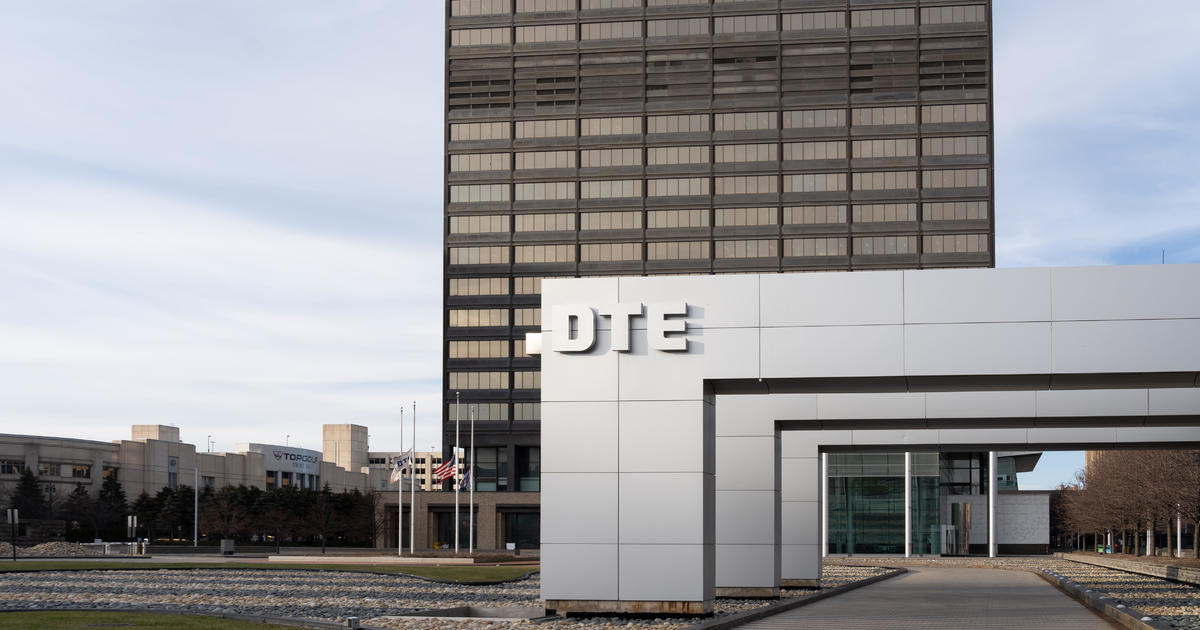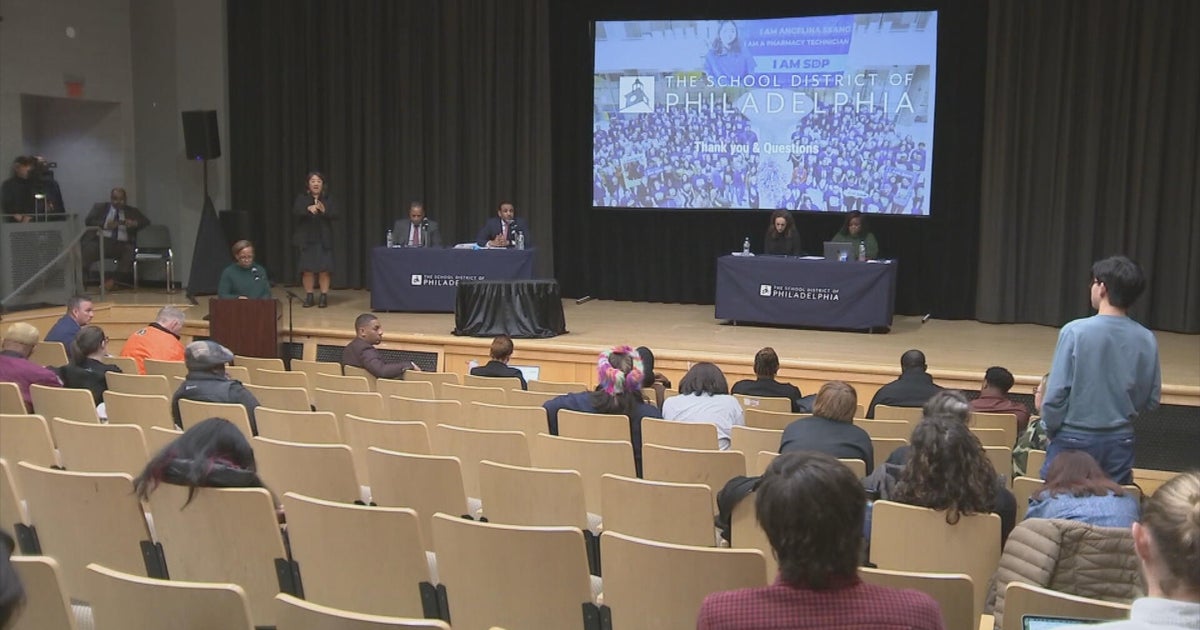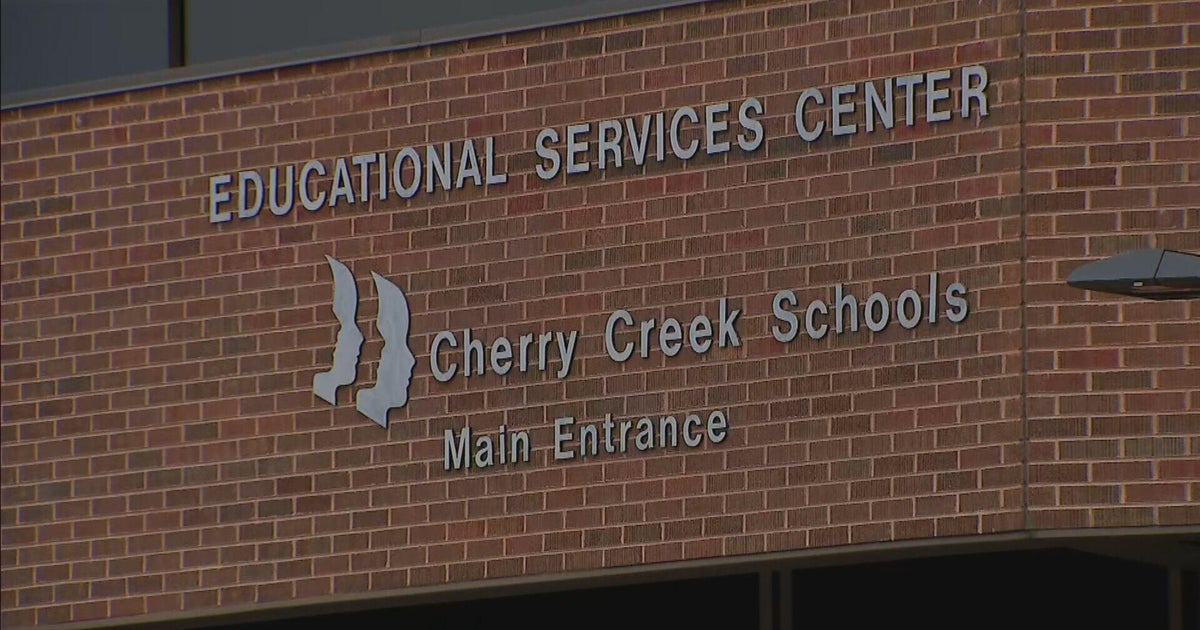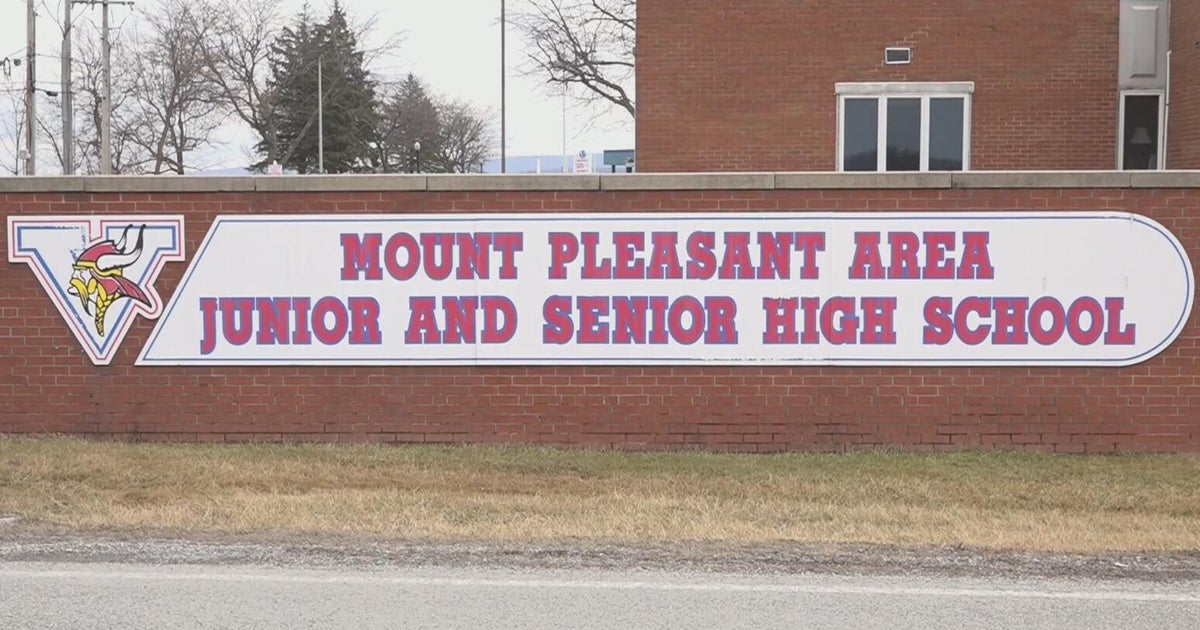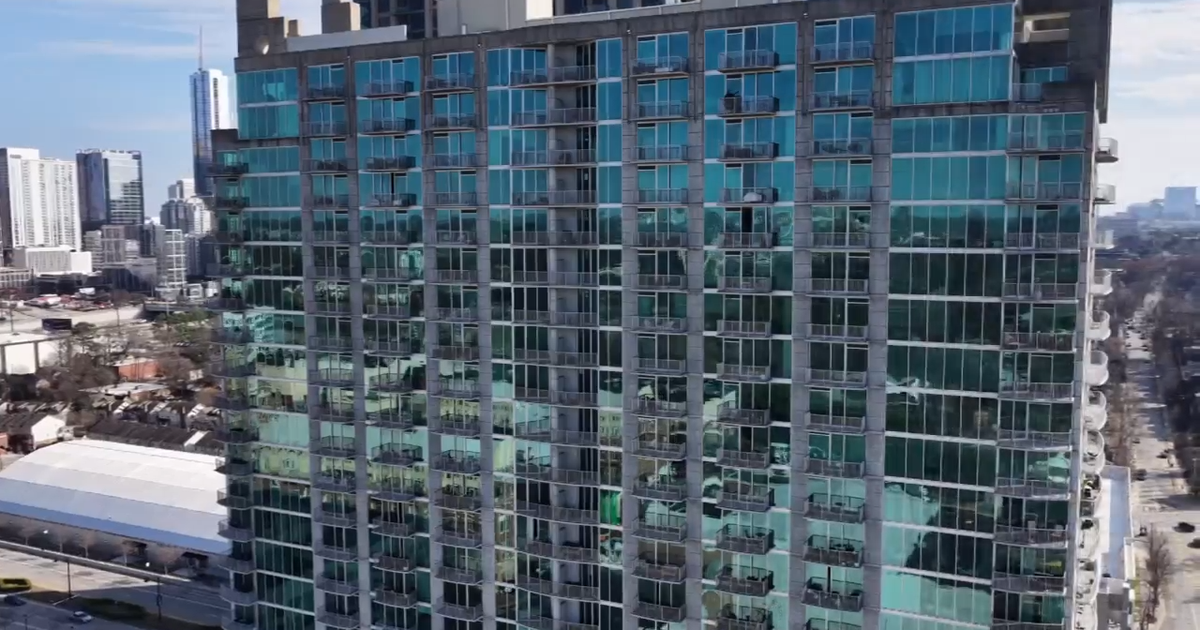Valero Refining Company fined record $82 million for history of toxic releases at Benicia refinery
The Valero Refining Co. has been fined the largest-ever penalty by Bay Area air quality regulators for a history of toxic chemical releases and other violations at its Benicia refinery dating back to 2003.
According to the Bay Area Air Quality Management District and the California Air Resources Board, Valero is on the hook for nearly $82 million in fines for violations discovered during a 2019 inspection.
The inspection found the company failed to report toxic emissions from the facility's hydrogen system, including benzene, toluene, ethylbenzene and xylene -- compounds that "cause cancer, reproductive harm and other toxic health effects," according to the air district.
"Today's historic penalty against Valero Refining Co. for its egregious emissions violations underscores the Air District's unwavering commitment to holding polluters accountable and safeguarding the health of those living in refinery communities," air district executive officer Philip Fine said in a news release Thursday.
Air district officials said refinery management knew about the hydrogen system problems since at least 2003 but failed to report or prevent them.
"The refinery emitted an estimated 8,400 tons of these organic compounds in total over this period in violation of Air District regulations -- an average of more than 2.7 tons for each day on which a violation occurred, over 360 times the legal limit," according to the air district.
Additional other problems were discovered during followup inspections, including the company's "failure to install required emissions abatement equipment, failure to inspect equipment for leaks and failure to report required information, among other violations," air district officials said.
Most of the money from the fine will be spent on projects to reduce exposure to air pollution, mitigate impacts and improve public health in the surrounding communities.
In addition to the fine, Valero is also required to "reconfigure the facility's main hydrogen vent and vents in its hydrogen production plants to prevent emissions from being released directly into the atmosphere" and "to implement a training program to ensure that its staff are fully aware of all relevant Air District regulations," according to the air district.
In a statement posted on its website, Valero officials said they've been working with regulators to reach an agreement on its operation.
"Valero is committed to environmental compliance and has worked closely with the District to make progress in reducing emissions containing trace levels of organic compounds from the hydrogen vent well before this settlement was reached," company officials said.
"In 2022, the District's own Health Risk Assessments (HRA) modeling indicated that the possibility of exposure to these emissions at levels that could potentially cause short-term effects could have occurred only two hours out of 43,710 hours, or 0.005% of the time," according to Valero. "The HRA also found the risk of developing adverse health conditions from long-term exposures to be negligible, below the recognized risk threshold."
In response, air district officials said the company's statement is focused on the potential short-term toxic health impacts rather than the long-term impacts that put the public at greater risk for a whole host of problems, including cognitive impairment, cancer and damage to the liver, kidneys and immune system.
"The statement does not acknowledge the harm to public health from the additional smog and particulate matter generated by Valero's more than 8,400 tons of illegal emissions over the course of these violations," air district officials said.
Earlier this month, Valero agreed to settle a lawsuit brought by environmental group Baykeeper for $2.38 million after the group uncovered evidence that the company was spilling oil refinery waste into the Bay.
